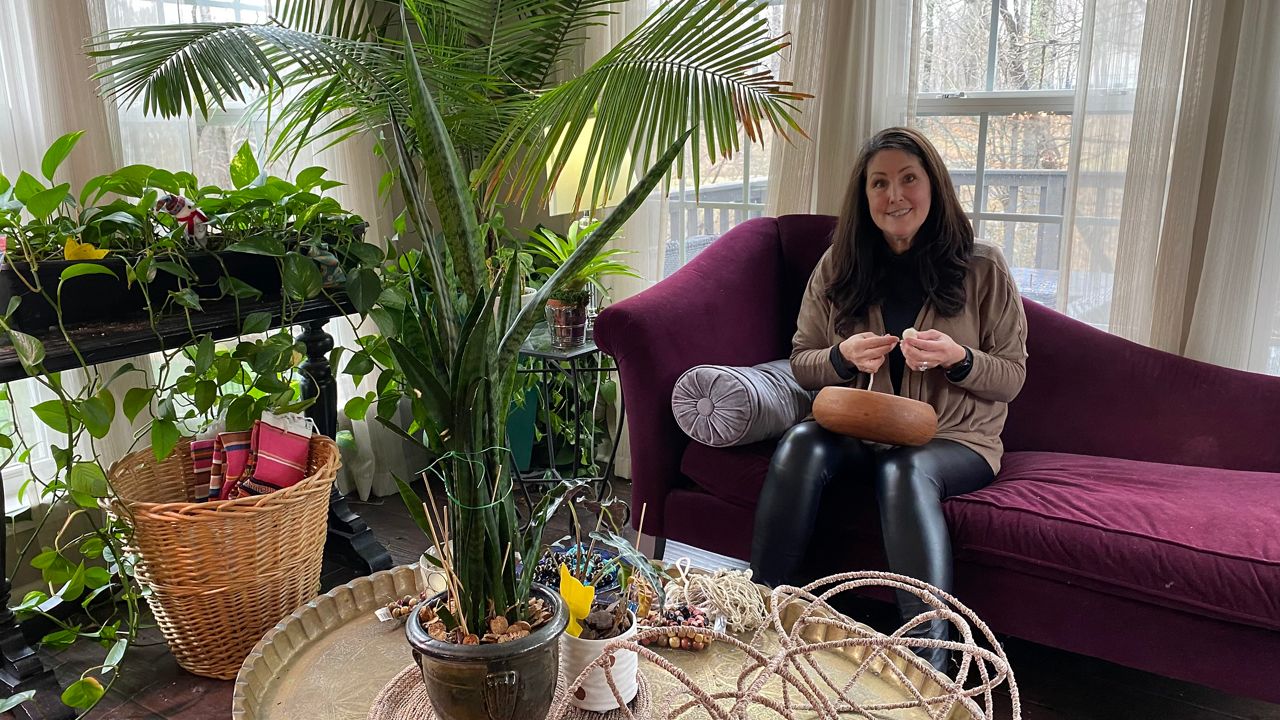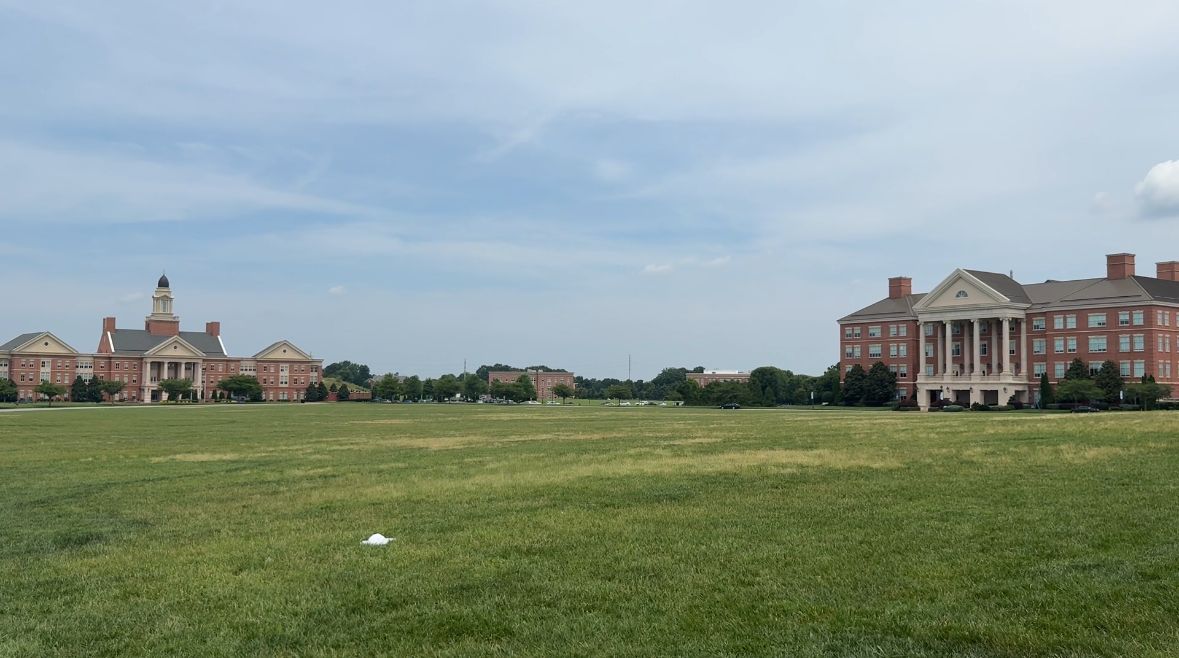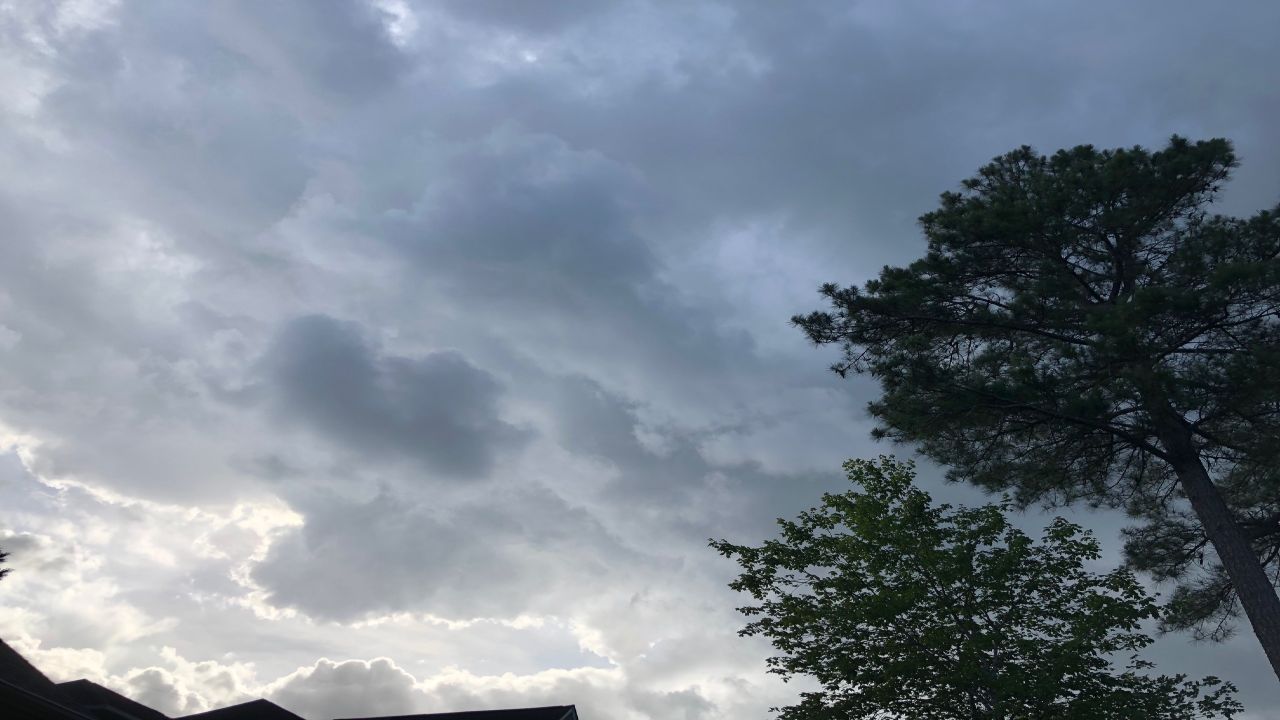CHARLOTTE, N.C. — A woman whose life completely changed after contracting COVID-19 reflects on the two-year mark of the pandemic and her long struggle with the virus.
Diane Sheehan is a COVID-19 long-hauler
Anyone who had COVID-19 can have lingering health issues weeks or months after catching the virus, according to the CDC
Long COVID symptoms include dizziness on standing, pounding heart and difficulty breathing
Doctors diagnosed Diane Sheehan with long COVID-19. She initially contracted COVID-19 in March of 2020 but still has lingering health issues from the virus.
According to the Centers for Disease Control, people can develop long COVID symptoms, including dizziness on standing, pounding heart, difficulty breathing and cough weeks or months after having COVID-19. It can happen to anyone who had the virus, even if they had a mild case or were asymptomatic.
“I’m more tired of COVID than anybody being tired of COVID. I’m tired of it taking my whole life away from me,” Sheehan said. “I’m more tired of COVID than anybody being tired of COVID. I’m tired of it taking my whole life away from me,” Sheehan said.
Two years ago this month, the World Health Organization declared COVID-19 a pandemic. According to John Hopkins University, as of Sunday the virus had claimed 967,720 lives in the U.S. There have been more than 79 million confirmed cases in the U.S.
Sheehan has contracted COVID-19 twice. She said she started experiencing long COVID symptoms in the summer of 2020, months after she had COVID-19 the first time.
The 54-year-old was bed-bound for over a year.
“I was doing 400 to 500 steps a day. I would get nauseous, feel like I was going to faint,” Sheehan said. “I had exhaustion to the point you don’t remember your kids' names.”
Sheehan had a flare-up of symptoms when she contracted COVID-19 again in December.

However, overall she’s made strides in her recovery since September, increasing her physical activity and walking 5,000 steps a day.
Sheehan was very active before the pandemic, taking nearly 750 pilates classes a year. She said back then, pilates helped her after she was diagnosed with an autoimmune disorder affecting her thyroid.
“I did it, and it felt amazing, and it built me up. Had me toned and fit again. Losing that was really hard,” Sheehan said.
Now, part of her daily routine, includes walking around her home, using an oxygen concentrator and tracking her rest, exercise and stress.
“When I’m going into the hot stress zone, I’m supposed to stop,” Sheehan says as she shows her activity tracker.
In addition, she’s also taking many supplements. She shares her story in hopes of helping other families. She said best way to prevent getting long COVID is taking measures to prevent catching the virus.
“Things people need to understand is you can’t just consider your risk for COVID, you need to consider your risk for long COVID,” Sheehan said. “Most people will survive COVID, but survive doesn’t mean you are OK,” Sheehan said.
Sheehan has visited several specialists and was recently referred to a doctor in Tennessee as her closest option to treat one of her medical conditions.
Virtual support groups, including one called Long COVID Families, are helping her navigate her new reality.
“It’s important for people to know the signs, what to do. It’s important for doctors to have those resources and employers so people can stay employed,”“It’s important for people to know the signs, what to do. It’s important for doctors to have those resources and employers so people can stay employed,” Sheehan said.
Long COVID Families is a patient-led organization, supporting patients and caregivers. It gives families resources and information, including the questions to ask doctors.
Founder Megan Carmilani, who lives in the Charlotte area, started the group supporting people nationwide.
Carmilani wanted to help others, especially children because she can relate. She has lived with a post-viral illness for 30 years after having mononucleosis.
“I didn't want children to have to go through this alone. And so that's why it's so important to me,” Carmilani said. “I didn't want caregivers to not have access to the information to help their children because I don't think my parents were doing anything wrong, they just didn’t know.”
Carmilani expects the participation for the group to increase after the omicron surge.
The group has also helped Sheehan support her son. She said he was healthy before catching COVID-19, and is now a COVID long-hauler. The teenager is finishing high school with homebound services.
As of July, long COVID-19 can be considered a disability under the Americans with Disabilities Act.
Below is a timeline that shows some of the big moments in N.C. as the state grappled with pandemic.







)

